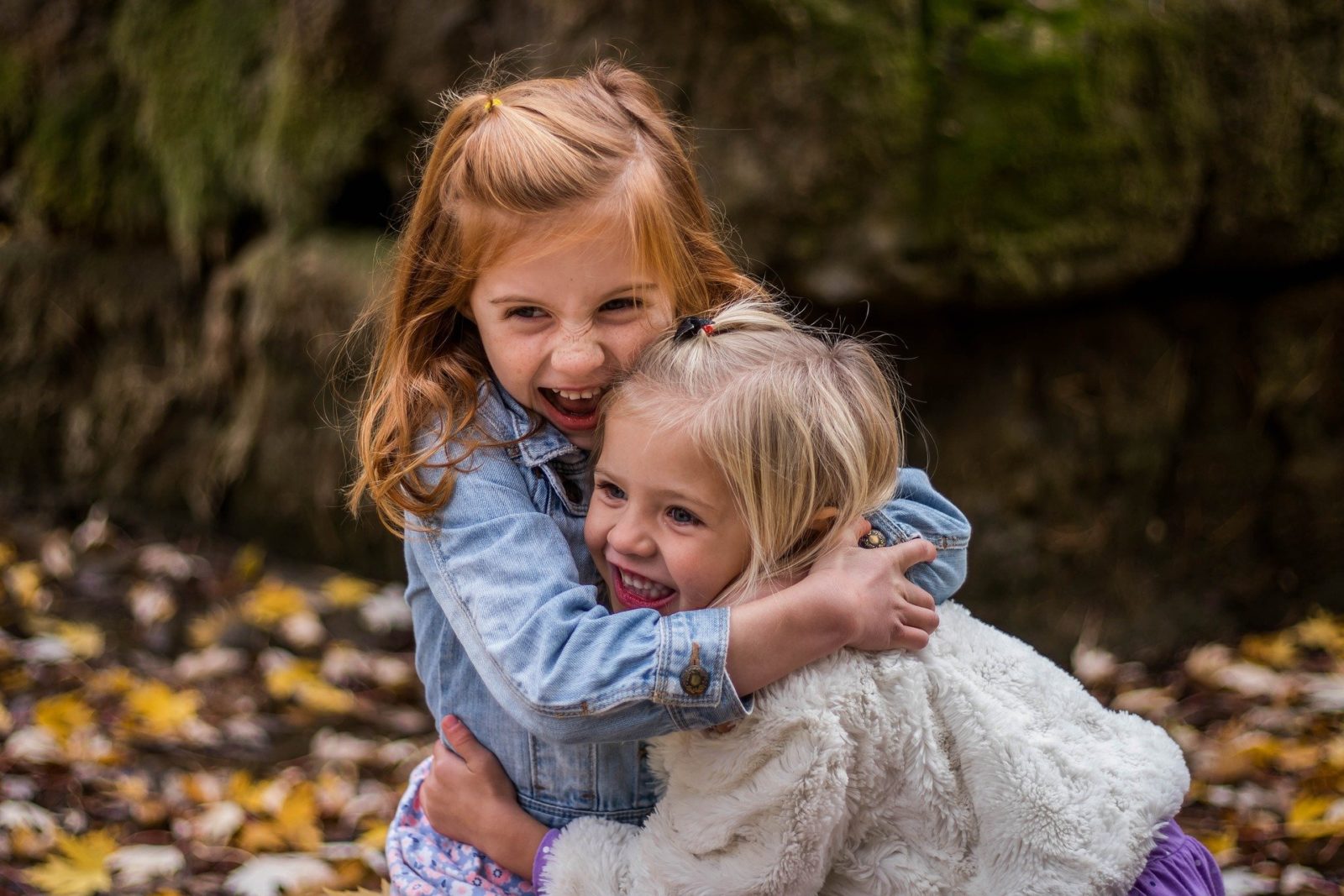Having empathy for others is an element of emotional intelligence and young children can be supported in learning to develop an ability to feel what others are feeling. It’s important to recognize appropriate levels of development in children. Our expectations of the degree of empathy children demonstrate needs to match the developmental phase a child is in. Typically around age 3 is when children can begin to truly feel empathy for others.
Here are 6 tips for helping young children have empathy:
- Model empathy for others. Demonstrate for your child the expression of empathy by noticing aloud the feelings of others. Show empathy for your child when she is expressing various emotions.
- Have conversations about emotions regularly. Make it a part of your child’s every day experience to hear and participate in conversations that include noticing what people are feeling in real life, on television or in books you read together.
- Use feelings flash cards. And you thought flash cards were just for math test prep! You can purchase feeling face cards that are either photographs of human faces feeling various emotions or illustrated. Looking at the faces together and teaching your child various words for all the different emotions humans can have will help build his feeling vocabulary but also hone his empathy skills.
- Play with puppets. Puppets are always a fantastic way to invite children to explore, express and experience a variety of scenarios that elicit various emotions. Children tend to easily imagine what a puppet is feeling, or talk with a puppet directly about feelings.
- Engage in somatic awareness. The word soma means body. Emotions are often felt, stored and expressed through the body in the form of facial expressions, the way we hold our arms or the way we move. Connect emotions to cues felt and observed in your child’s body and in your own body to facilitate a greater ability to feel and identify what others are feeling.
- Help your child recognize commonalities. With regular reflections aloud about what your child has in common with other children, your child will feel more readily able to empathize with others. While it’s also important to acknowledge and celebrate our differences, noticing what we have in common can be a big step toward connecting with others.
- Teach perspective taking. It’s important to model for your child your own ability to imagine what it must be like to be in someone else’s shoes and to seek to understand their perspective. When we are able to wonder aloud what the other person is thinking and feeling and try to understand the reasons for what they are doing, this goes a long way in developing empathy skills.
Helping young children have empathy for others is a process that takes a while to learn requiring a lot of practice. Remember that play is the best way for children to explore concepts and try on new ways of thinking and doing. With playful efforts on a regular basis that focus on helping children to hone their empathy skills, you can begin to influence the development of your child’s emotional intelligence early on.

